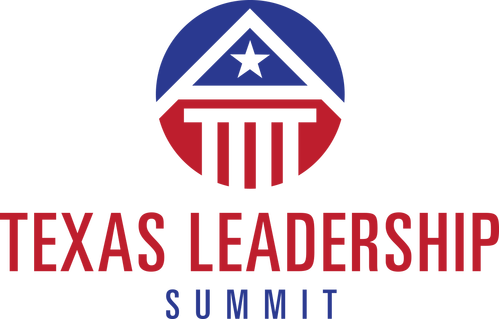January 3rd, 2023
As business owners, it’s natural to think about everyday earthly concerns in running our businesses. Is there enough money to make payroll? How to stop our employees from wasting time on their phones? How do we handle a negative customer review on Google? All these issues are real, and they matter, but there’s a word that I want to share. It’s not going to eliminate these challenges, but it is going to help you handle them.
It's one word. It’s called perspective. It’s the ability to be in a situation, step out of the situation and see through the situation. In fact, that’s the literal meaning of the word from Latin to “see through.”
One of my mentors is a guy named Andy Andrews. He’s authored many books such as The Traveler’s Gift. He writes both novels and nonfiction and is a man of faith. I would like to share some of his ideas on leadership strategies. It all begins with the right perspective.
The end goal he says, “is to live a life that is purposeful, fulfilling, valuable to others, and within reasonable reach.” I would add, as members of TLS, biblical to that list.
He says that there are no “shortcuts,” to achieving this end goal, but there are ways to:
to shorten your learning curve
to make better decisions the first time, and
to avoid being a victim of “Herd Error” *
Andy says, “*Herd Error is the societal tendency to think logically to incorrect conclusions, affirm those conclusions with others, and continue on in the belief that the results of those conclusions are awesome.”
These ways are called principles, and they work whether you are aware of them or not.
If a civilization becomes overtly and majorly corrupt, doesn’t God arrange history so that they disappear?
We understand principles in the natural world as well. If the temperature drops below 32 degrees, water turns to ice.
There are principles in secular society as well. For example, we tend to like people who follow good manners better than those who don’t. We are more likely to hire people who are courteous, responsible, honest, and punctual than those who are rude, lazy, dishonest, and can’t tell time.
When we truly understand principles, especially biblical principles, these can be harnessed to develop talent in our workforce, reduce inefficiencies, increase sales, and brand loyalty.
So, what is a principle?
Here is what Andy Andrews teaches. A principle has three characteristics.
1. A principle is a foundational truth. By foundational think about what I said earlier. It’s a law that operates whether you are aware of it or not. Take gravity, for instance. If the baby rolls off the bed, it’s going to fall. If you ignore the finances in your business, it’s still going to affect you. Understanding foundational truths propels you to act, which in turn will uncover more opportunities, which will lead to growth. Not taking action will cause obstacles or missed opportunities which will lead to stagnation. So, when evaluating if an idea is a principle, he says to ask yourself: If I choose to ignore this, will it still affect me anyway?”
2. Second, he teaches that a principle is self-evident. Remember the phrase from our Declaration of Independence, “We hold these truths to be self-evident.” It’s a nice way of saying as Andy puts it, “Any moron knows these things are true.” When I owned an auto repair shop, and we had a customer complaint, I always knew what the right thing to do was. The Bible teaches us to love our neighbor. So, that’s what I did. Whatever it took, to increase respect, trust and confidence was what we did. As Andy says, “In our heart of hearts, we almost always know a principle is the right thing to do. Principles tend to jump off the page, even if they are challenging to uphold.”
3. Finally, Andy says, “A principle is not just “true” … it is the truth. Andy writes a lot about this. How can something be true, you ask, but not the truth? Here’s an example that Andy likes to use. “How do you think a lifelong blind person would describe an elephant? If he touched the trunk, he might say it’s like a snake. If he touched the leg, he might say it’s like a tree trunk or a pole. If he felt the body of the elephant, he might say it’s like a wall. Every way he described that elephant would be true, but none would be the truth…because an elephant is nothing like any of those things. So, how does this apply to life? While it may be true that someone doesn’t deserve your forgiveness, the truth is that forgiveness frees the forgiver, not the other way around.”
So, when you have this perspective to follow principles, especially biblical principles, you are aiming for the truth, and that truth will set you free and allow you and your business to flourish.
Links:
https://andyandrews.com/downloads/print/AA_SevenDecisions.pdf
https://andyandrews.com/media-free-resources/
The Traveler's Gift
Posted in Business
Recent
Christianity’s Influence on Government and the Call for Faith-Driven Leadership
June 10th, 2024
Success At The Local Level
June 10th, 2024
Faith in Business: A Godly Approach To Company Culture and Leadership
June 10th, 2024
Victories in the Fight for Freedom and Faith
June 10th, 2024
The Role of Church Leadership in a Post-Christian Era
June 10th, 2024
Archive
2024
January
2023
January
June

No Comments